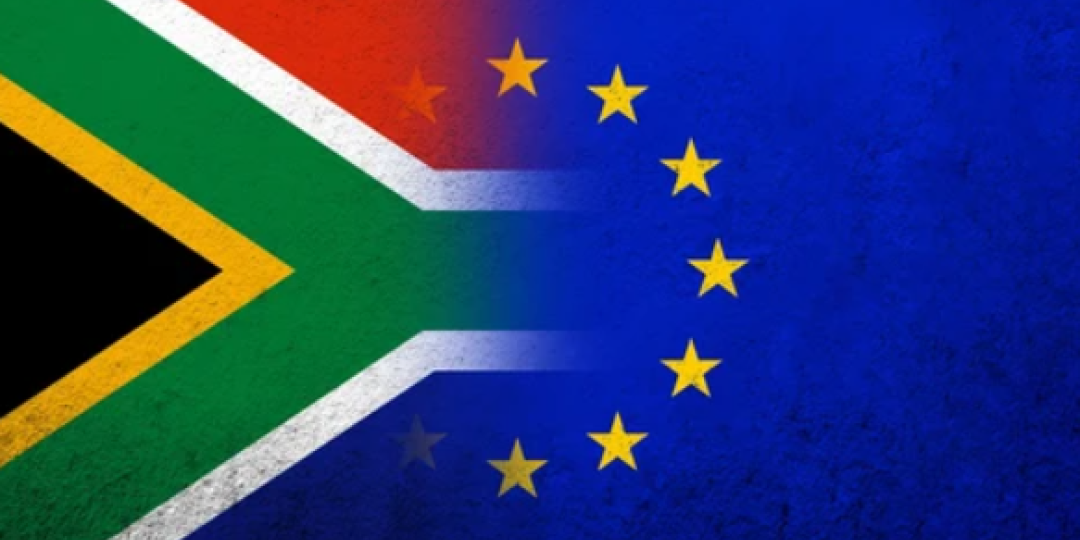The European Union would be an attractive export destination for the local poultry sector, but a lack of government support and shortage of state vets are holding back the local industry.
Donald Mackay, CEO of Global Trade Advisors and an advocate for more exports (*), says the EU runs a shortage of approximately one million tons of chicken breast meat per year.
“They would definitely buy from South Africa, but very little has been done from the government’s side to get into the EU.”
Izaak Breitenbach, GM of the South African Poultry Association, says improved biosecurity and regulatory environments would speed up this process.
“In order to export, our government has to ensure, on behalf of the importing country’s government, that we comply with the importing country’s requirements. Locally there is a shortage of vets to oversee the process.”
However, the local poultry industry does export, and processes are under way to decrease imports.
“Currently, we export about 50 000 tons of frozen chicken per month to our neighbouring countries,” says Breitenbach.
“We want to export cooked products to the EU, UK and Saudi Arabia.”
Breitenbach says the local industry has already submitted its residue monitoring programmes to the EU, UK and Saudi Arabia. These programmes must be approved by these countries, after which representatives from those countries must inspect the South African facilities, and then exports can start.
These processes typically take years.
Mackay says the government’s refusal to compensate chicken producers for birds that have to be culled for preventative reasons due to outbreaks of avian influenza is dangerous.
“Food security is the responsibility of government and they have not done their job to assist farmers with diseases like avian influenza. Support should be available if companies need to cull their flocks. If not, some farmers will refuse to cull and the diseases will persist, with terrible economic consequences.”
* Yesterday's version of this post identified Donald Mackay as "an advocate for more imports", when we intended to write exactly the opposite. We regret the error and, in the interest of accuracy, have updated this post.













